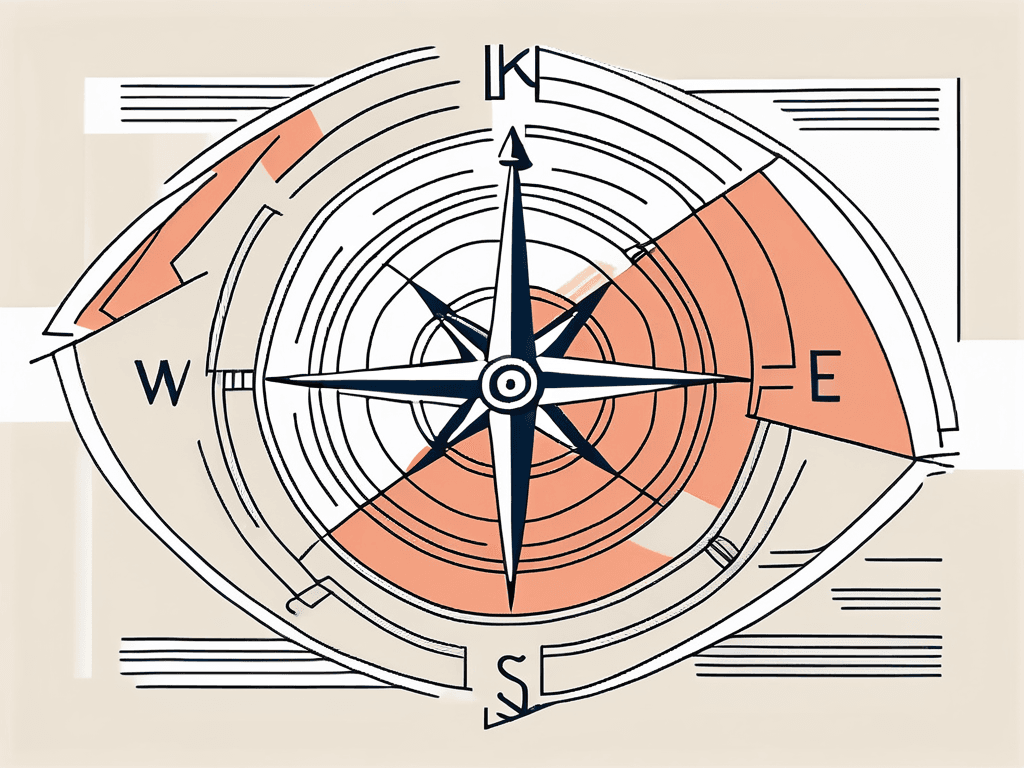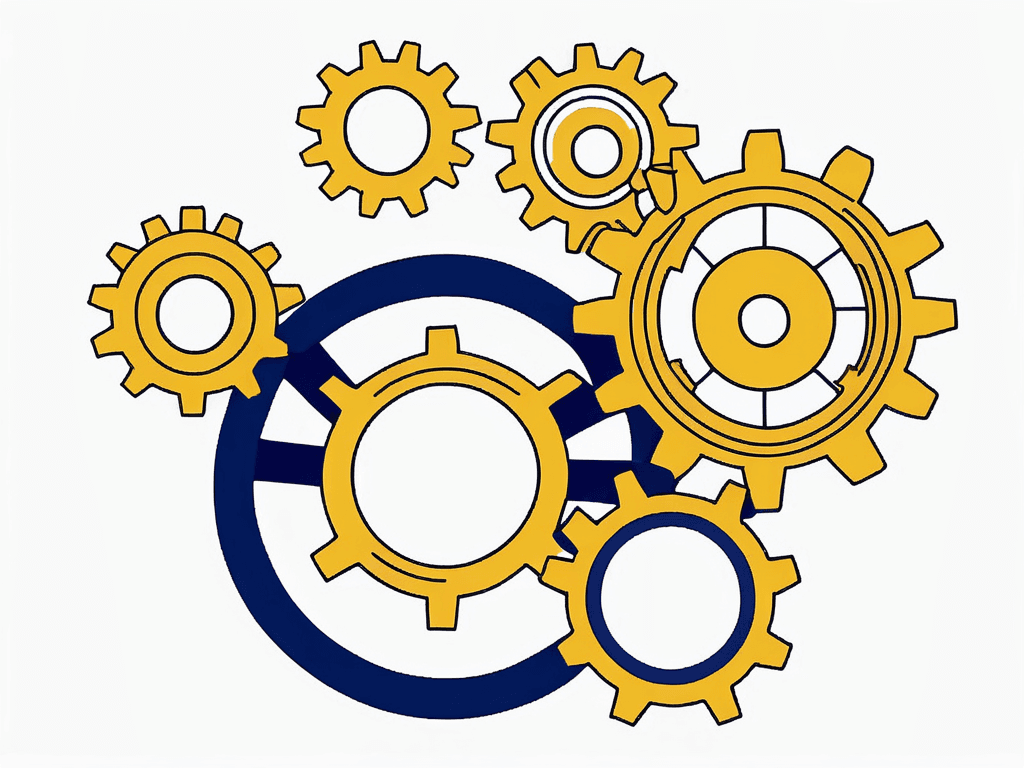A Comprehensive Guide to Germany's New Supply Chain Due Diligence Law
Germany's new supply chain due diligence law, known as the LkSG (Lieferkettensorgfaltspflichtengesetz), is set to impact businesses operating in the country. This comprehensive guide aims to provide a clear understanding of the LkSG framework, explore its basics, examine the scope of adherence, navigate compliance, and discuss the implications of the EU's push for supply chain diligence. Additionally, we will explore how businesses can align with the LkSG using Responsibly's innovative platform.
Understanding the LkSG Framework
The LkSG framework lays out the requirements for companies to ensure responsible supply chain practices. It aims to prevent human rights abuses, environmental damage, and unethical practices in supply chains.
Within the LkSG framework, businesses are expected to conduct due diligence, assess risks, implement preventive measures, and report on their efforts. By understanding the key elements of the LkSG, businesses can effectively comply with the law and contribute to sustainable supply chains.
Exploring the Basics of the LkSG
The LkSG places the responsibility on companies to identify and mitigate risks throughout their supply chains. This includes assessing human rights violations, environmental sustainability, and compliance with labor laws. Understanding these basics is crucial for businesses to implement effective due diligence processes.
Furthermore, the law requires companies to have a grievance mechanism in place to address any issues raised by workers, communities, or other stakeholders along the supply chain.
Who Needs to Adhere to the LkSG Guidelines?
Any company that operates in Germany and meets certain criteria will be subject to the LkSG guidelines. This includes large companies with more than 3,000 employees, as well as companies that have a direct contractual relationship with such larger companies.
It is essential for businesses to determine whether they fall within these criteria to ensure compliance with the LkSG and avoid potential legal consequences.
In addition to the criteria mentioned, the LkSG guidelines also apply to companies that operate in industries known for high-risk supply chains, such as the garment industry, electronics manufacturing, and agriculture. These industries often involve complex global supply networks, making it crucial for companies to thoroughly understand the LkSG framework and its requirements.
Moreover, the LkSG framework emphasizes the importance of collaboration and engagement with stakeholders. Companies are encouraged to actively involve workers, local communities, and civil society organizations in their due diligence processes. This inclusive approach ensures that diverse perspectives are considered, and potential risks are identified and addressed effectively.
Furthermore, the LkSG guidelines recognize the significance of continuous improvement. Companies are expected to regularly review and update their supply chain practices to align with evolving standards and best practices. This iterative approach ensures that businesses stay proactive in addressing emerging risks and challenges in their supply chains.
By adhering to the LkSG guidelines, companies not only fulfill their legal obligations but also contribute to the creation of sustainable and responsible supply chains. This not only benefits the workers and communities involved but also enhances the reputation and long-term viability of the businesses themselves.
Navigating Compliance with the LkSG
Preparing for LkSG implementation is essential to successfully comply with the law. Businesses must take proactive steps to ensure they are aligned with the requirements and smoothly integrate them into their existing operations.

When it comes to preparing your business for LkSG implementation, there are several key steps that should be taken. One of the first steps is to conduct a thorough review of your supply chains. This involves identifying potential risks and mapping out critical points of engagement. By understanding the intricacies of your supply chain, you can determine the scope of due diligence efforts and prioritize areas that require immediate attention.
In addition to reviewing your supply chains, it is important to engage with stakeholders throughout the implementation process. This includes suppliers, workers, and NGOs. By collaborating with these key players, you can gain valuable insights and establish ongoing partnerships. Building strong relationships along the supply chain promotes transparency, accountability, and responsible practices.
Steps to Ensure Compliance with the LkSG
- Educate and train employees: Creating awareness and providing comprehensive training programs will equip employees with the knowledge and skills necessary to understand and implement the LkSG requirements. This includes educating them on the importance of labor standards, human rights, and environmental regulations.
- Conduct risk assessments: Regularly assess the potential risks in your supply chain and take appropriate measures to address and mitigate them. This includes monitoring suppliers' compliance with labor standards, human rights, and environmental regulations. By conducting thorough risk assessments, you can identify areas of improvement and implement effective solutions.
- Implement grievance mechanisms: Establishing effective channels for workers and stakeholders to raise concerns or report grievances related to supply chain practices is crucial. These mechanisms should be accessible, confidential, and impartial, ensuring that individuals feel comfortable coming forward with their concerns.
- Record and report: Maintaining detailed records of due diligence efforts and producing accurate reports in accordance with LkSG guidelines is essential. Transparency and accountability are key components of compliance with the law. By keeping thorough records, you can demonstrate your commitment to responsible practices and provide evidence of your compliance.
By following these steps, businesses can navigate compliance with the LkSG and ensure that they are operating in a manner that aligns with the law's requirements. It is important to approach implementation with a proactive mindset, continuously assessing and improving your practices to promote ethical and sustainable supply chains.
Remember, compliance with the LkSG is not just a legal obligation, but also an opportunity to enhance your reputation, build trust with stakeholders, and contribute to a more socially responsible business environment.
The EU's Push for Supply Chain Diligence
While Germany has taken the lead with the LkSG, the European Union is also advocating for enhanced supply chain diligence across its member states.

The EU's commitment to promoting responsible business practices extends beyond just Germany's efforts. With a collective focus on ensuring ethical sourcing and sustainable operations, the EU is driving a continent-wide movement towards greater transparency and accountability in supply chains.
By championing supply chain diligence, the EU aims to set a global standard for corporate responsibility that prioritizes the well-being of workers, the protection of the environment, and the overall sustainability of business practices.
Implications of the EU's Proposed Supply Chain Law
If the EU's proposed supply chain law is implemented, it will require companies operating in EU member states to conduct due diligence and address human rights and environmental risks throughout their global supply chains. This demonstrates the growing importance of responsible supply chain practices worldwide.
Furthermore, the EU's proposed supply chain law signals a shift towards a more comprehensive approach to corporate social responsibility, where companies are not only held accountable for their own actions but also for the actions of their suppliers and partners. This holistic view of supply chain management underscores the interconnectedness of global business operations and the need for collaborative efforts to drive positive change.
Businesses should keep a close eye on developments regarding the EU's proposed supply chain law and be prepared to adapt their practices accordingly to ensure compliance in the future.
Take Your Supply Chain Due Diligence to the Next Level with Responsibly
As you navigate the complexities of the LkSG and strive for excellence in supply chain sustainability, Responsibly is here to support your journey. Our AI-driven platform is designed to simplify the due diligence process, providing you with comprehensive insights into supplier sustainability across critical topics from human rights to decarbonization. With Responsibly, you can automatically collect supplier information, conduct tailored risk assessments, and utilize our extensive database for sustainable procurement, risk management, and ESG reporting. Ready to enhance your supply chain transparency and compliance? Book a demo today and discover how we can personalize your sustainability engagement and drive impactful change.

